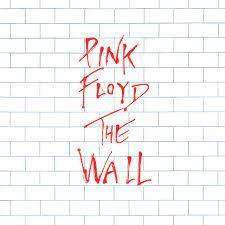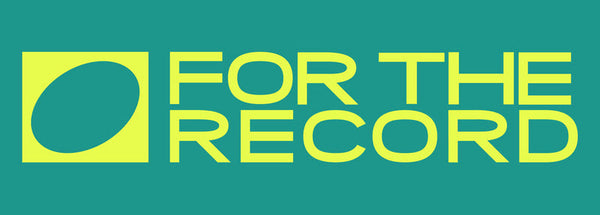
This Day In Music: May 2nd, 1980 Pink Floyd's "Another Brick In The Wall" Is Banned By The South African Government
Share
Pink Floyd's concept album, "The Wall," released in 1979, became a musical milestone and a reflection of the social and political climate of its time. One of its standout tracks, "Another Brick In The Wall," managed to capture the attention of audiences worldwide with its catchy melody and powerful lyrics. However, in South Africa, the apartheid-era government made the controversial decision to ban the song due to its subversive message and potential to incite rebellion. This article aims to delve into the reasons behind the South African government's ban on Pink Floyd's "Another Brick In The Wall."
"Another Brick In The Wall" served as a scathing critique of oppressive education systems and the detrimental effects they can have on the minds of young people. The lyrics famously proclaimed, "We don't need no education" and "Hey, teacher, leave those kids alone," encouraging rebellion against the authoritarian structures that were prevalent in apartheid South Africa. The song's emphasis on individuality and questioning authority directly clashed with the government's desire to maintain control and conformity.
Beyond its criticism of the education system, the song also became an anthem for unity and resistance against oppression. The line "We don't need no thought control" resonated with South Africans who were struggling for freedom and equality. The government feared that the song's rebellious spirit could inspire the youth to question the oppressive regime and stand up against apartheid.
Pink Floyd's music had a profound impact on popular culture, and "Another Brick In The Wall" was no exception. The song's global success, reaching number one on the charts in several countries, ensured that its message reached a broad audience, including South Africa. This widespread popularity made it increasingly difficult for the government to ignore the song's influence and potential to mobilize people against apartheid.
The apartheid government's decision to ban "Another Brick In The Wall" was a clear manifestation of its fear of dissent and its determination to suppress any form of opposition. The song's powerful lyrics and rebellious spirit threatened the regime's stability, as they encouraged individual thought and fostered a sense of unity among those seeking change. By banning the song, the government aimed to silence a powerful voice of dissent and maintain control over the populace.
Despite the ban, Pink Floyd's "Another Brick In The Wall" continued to resonate with South Africans, even in the face of censorship. It became an underground anthem, shared through bootlegged recordings and whispered among those who dared to challenge the regime. The song's influence on the anti-apartheid movement cannot be underestimated, as it provided a source of inspiration and a rallying cry for those fighting for freedom and equality.
Pink Floyd's "Another Brick In The Wall" was banned by the South African government due to its subversive message, which challenged oppressive education systems and encouraged rebellion against authority. The song's universal appeal and powerful lyrics threatened the apartheid regime's control over the population, making it a target for censorship. However, despite being silenced, the song's legacy lived on, inspiring generations of South Africans to question authority and strive for a more just society.
